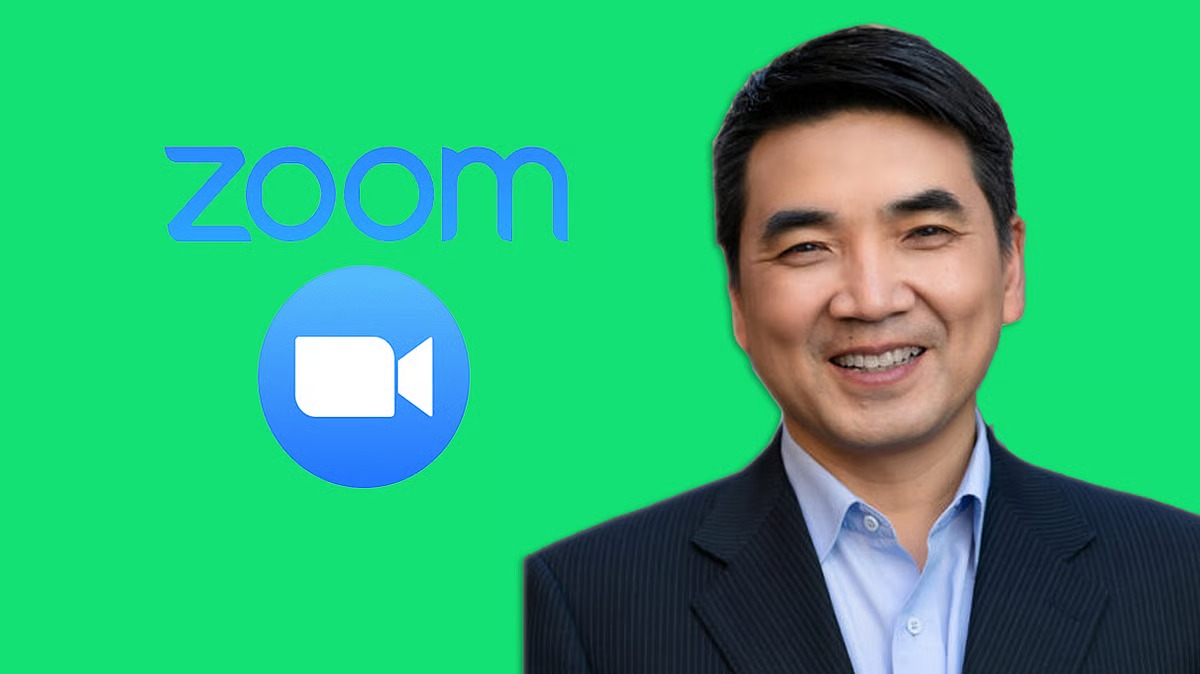 Image Source : The Quint
Image Source : The Quint
In a bold forecast that reflects the accelerating influence of artificial intelligence on workplace dynamics, Zoom CEO Eric Yuan has predicted the emergence of a three-day workweek as AI technologies reshape traditional job roles. Speaking in mid-September 2025, Yuan joined a growing chorus of tech leaders who believe that automation and digital agents will dramatically reduce the need for five-day human labor cycles, ushering in a new era of productivity and leisure.
Yuan’s comments come amid a broader industry debate on the future of work, with executives split between optimism about AI-led abundance and concern over mass displacement of white-collar jobs. His remarks align with those of Microsoft co-founder Bill Gates, Nvidia CEO Jensen Huang, and JPMorgan Chase CEO Jamie Dimon, all of whom have recently endorsed the idea of shorter workweeks driven by technological efficiency.
Key Highlights From Yuan’s Vision
- AI will enable most companies to adopt three- or four-day workweeks
- Human workers will benefit from reduced schedules and increased personal time
- Entry-level roles, especially in engineering and coding, may be replaced by AI agents
- New job categories will emerge around managing and training digital agents
- Yuan emphasizes that AI should improve lives, not just optimize business outcomes
- The shift is already underway in sectors experimenting with reduced-hour models
AI’s Role In Reshaping Work Structures
Yuan’s prediction is rooted in the rapid evolution of AI tools that can perform tasks ranging from customer service and scheduling to coding and data analysis. These capabilities are expected to:
- Eliminate repetitive and low-value tasks across departments
- Enhance decision-making through real-time analytics and predictive modeling
- Reduce the need for constant human oversight in operational workflows
- Enable asynchronous collaboration and remote execution of complex projects
As AI agents become more autonomous and capable, companies may find that fewer human hours are needed to maintain output, leading to a natural contraction of the workweek.
Impact On Employment And Job Design
While the prospect of a shorter workweek is appealing to many, Yuan acknowledged that the transition will not be without disruption. Certain job roles, particularly those involving routine tasks, may be phased out or redefined. However, he also emphasized that new opportunities will arise in areas such as:
- AI agent supervision and lifecycle management
- Ethical governance and bias mitigation in automated systems
- Human-AI collaboration design and interface development
- Emotional intelligence training for hybrid teams
The challenge for organizations will be to reskill and redeploy talent in ways that align with emerging needs while preserving workforce morale and engagement.
Global Trends And Cultural Shifts
Yuan’s vision echoes successful trials of reduced-hour workweeks in Europe and North America, where companies have reported:
- Lower employee burnout and improved mental health
- Higher productivity per hour worked
- Increased retention and job satisfaction
- Better work-life balance and family engagement
In the United States, firms like Exos have experimented with four-day schedules, reporting a 24 percent rise in productivity and a 50 percent drop in burnout. These results suggest that the cultural appetite for shorter workweeks is growing, especially among younger professionals and knowledge workers.
Forward Outlook And Industry Implications
The transition to a three-day workweek will require:
- Rethinking compensation models and performance metrics
- Redesigning workflows to accommodate asynchronous collaboration
- Investing in AI literacy and digital infrastructure
- Reevaluating the purpose and structure of office spaces
Yuan’s forecast may not materialize overnight, but it signals a paradigm shift in how work is conceptualized and valued. As AI continues to evolve, the boundaries between labor, leisure, and learning may blur, creating a more flexible and human-centric future of work.
Sources: Fortune, Indian Express, Daily Mail
Advertisement
Advertisement







